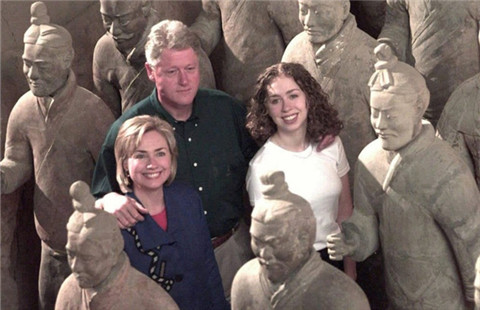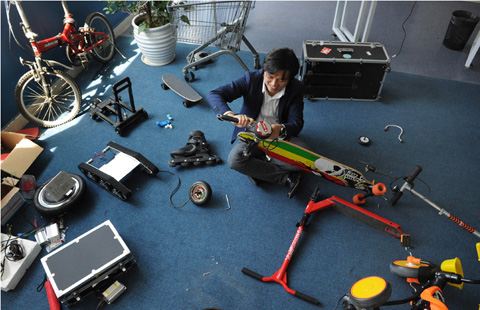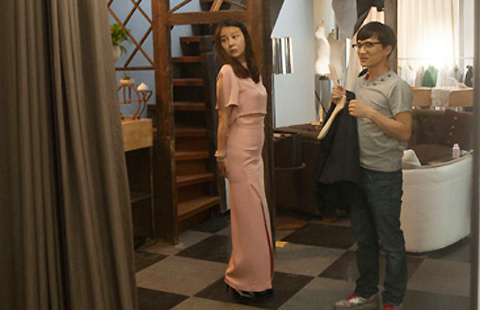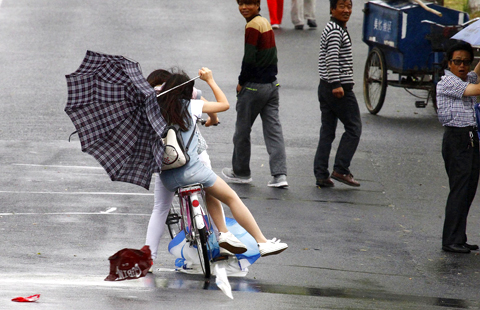
TOKYO - Japan's cabinet was set to approve on Thursday bills to implement a drastic shift in security policy allowing the military to fight abroad for the first time since World War II, although the public is divided and wary of the change.
Prime Minister Shinzo Abe's cabinet adopted a resolution last July reinterpreting the pacifist constitution to drop a self-imposed ban on exercising the right of collective self-defence, or militarily aiding a friendly country under attack.
Abe is expected to hold a news conference after his cabinet approves the bills following the formal sign-off by his Liberal Democratic Party and its partner, the Komeito party.
Opinion polls show that Japanese voters are both confused by and divided over the changes, which even supporters say have stretched the post-war constitution's pacifist Article 9 to the limit. Abe has made clear he wants to formally revise Article 9, a more politically difficult goal to achieve.
A survey by public broadcaster NHK aired this week showed that 49 percent didn't understand the proposed changes very well or at all. Fifty percent did not approve of Japan's expanded military role in the new US-Japan defence guidelines.
The new legislation would allow Japan to exercise the minimum force necessary if a country with close ties to Tokyo is attacked. It would also allow Japan's military to provide logistics support to foreign forces operating in line with the UN charter, without a special law for each mission.
Another change would drop geographical limits on Japanese defence support for the US military and other foreign armed forces.








